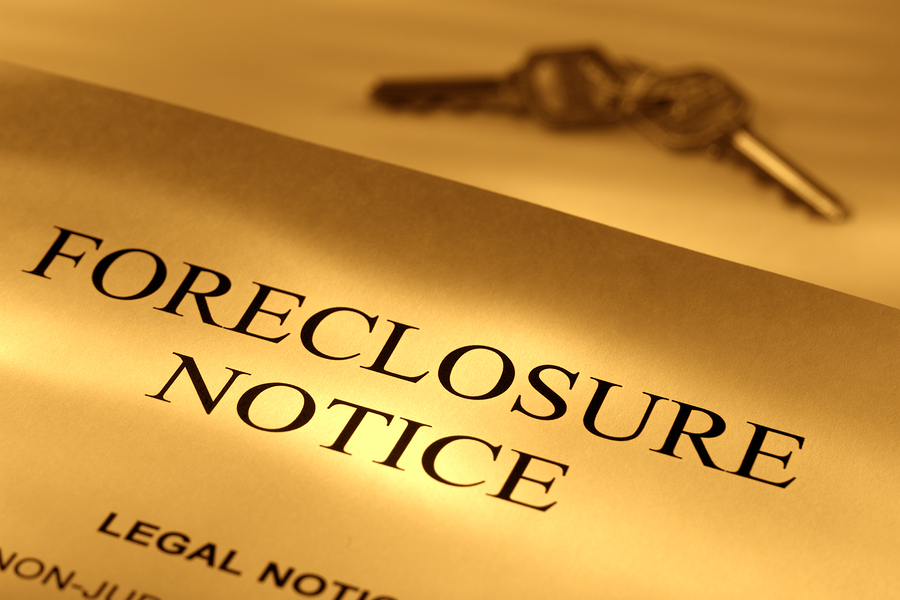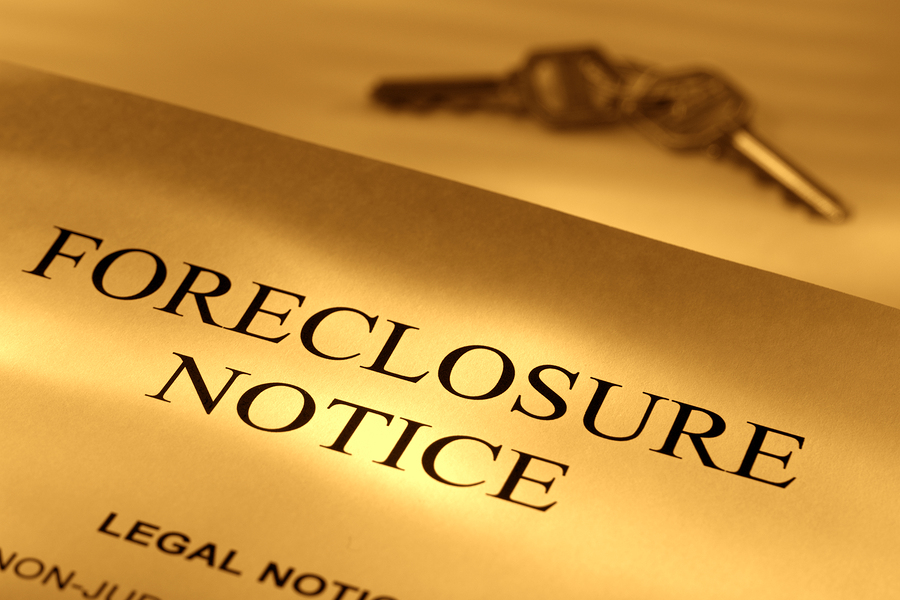 Commercial foreclosures have the power to destroy a struggling business by reclaiming the property where the business is conducted. Mediation can be employed in these situations to help the parties avoid the foreclosure process, which is often expensive, time-consuming and cumbersome. Mediation can help the parties come together with the help of a third-party neutral to develop possible solutions.
Commercial foreclosures have the power to destroy a struggling business by reclaiming the property where the business is conducted. Mediation can be employed in these situations to help the parties avoid the foreclosure process, which is often expensive, time-consuming and cumbersome. Mediation can help the parties come together with the help of a third-party neutral to develop possible solutions.
Either party can request mediation. The mediation can occur any time before the property has been foreclosed upon. When the borrower and the lender go to mediation, they should come prepared with the relevant documents, including the mortgage documents, notice of sale, notices, warning letters, communications between the parties and any other documents that may be helpful in the case.
At mediation, both parties may be represented or unrepresented, depending on the rules of the particular mediation program they use and personal preference. The lender should send someone to mediation who has the authority to modify the loan or otherwise negotiate an acceptable agreement. The parties must mediate in good faith and not simply use the process as a way to halt the foreclosure process.
At the end of mediation, the parties either reach an agreement regarding an alternative to foreclosure such as a loan modification or the foreclosure continues. While participating in mediation does not guarantee that foreclosure will be avoided at all costs, it does present an opportunity to potentially avoid this outcome, so there is little downside to fully participating in the process. Often, parties learn about options that they had not been aware of or had not considered prior to mediation, such as subleasing the property or seeking a temporary forbearance if revenue is expected to pick up. Mediation allows the parties to consider creative solutions that can help them regain financial footing.





 The commercial foreclosure process is very similar to a residential foreclosure. If the commercial borrower defaults on the loan, the lender may take steps to reclaim the property. Default is often triggered by non-payment, but it could also be due to some violation of the mortgage agreement such as failing to maintain insurance on the property or subleasing the property against the instructions on the mortgage documents. A foreclosure in the commercial setting may be conducted through the judicial or nonjudicial process.
The commercial foreclosure process is very similar to a residential foreclosure. If the commercial borrower defaults on the loan, the lender may take steps to reclaim the property. Default is often triggered by non-payment, but it could also be due to some violation of the mortgage agreement such as failing to maintain insurance on the property or subleasing the property against the instructions on the mortgage documents. A foreclosure in the commercial setting may be conducted through the judicial or nonjudicial process.